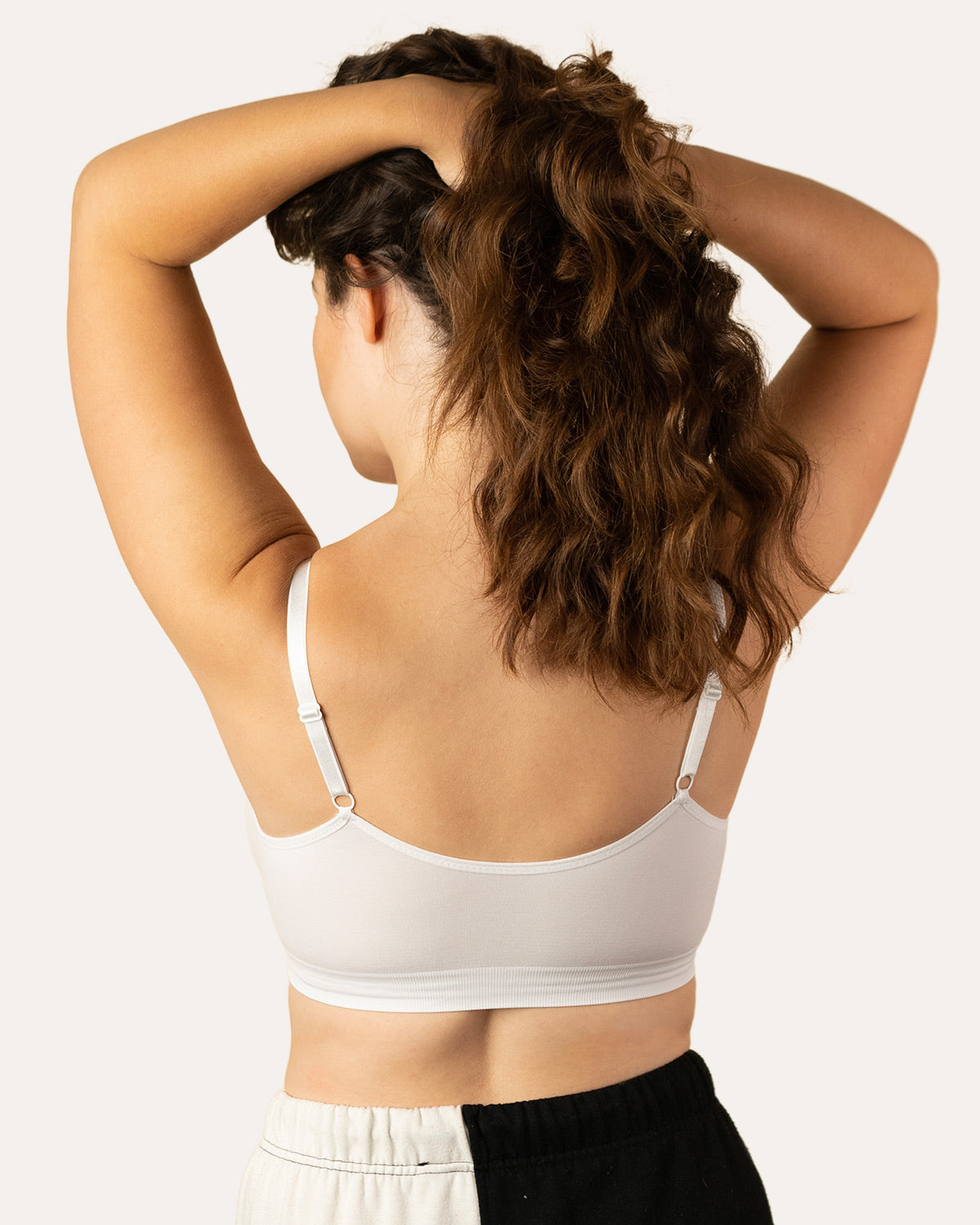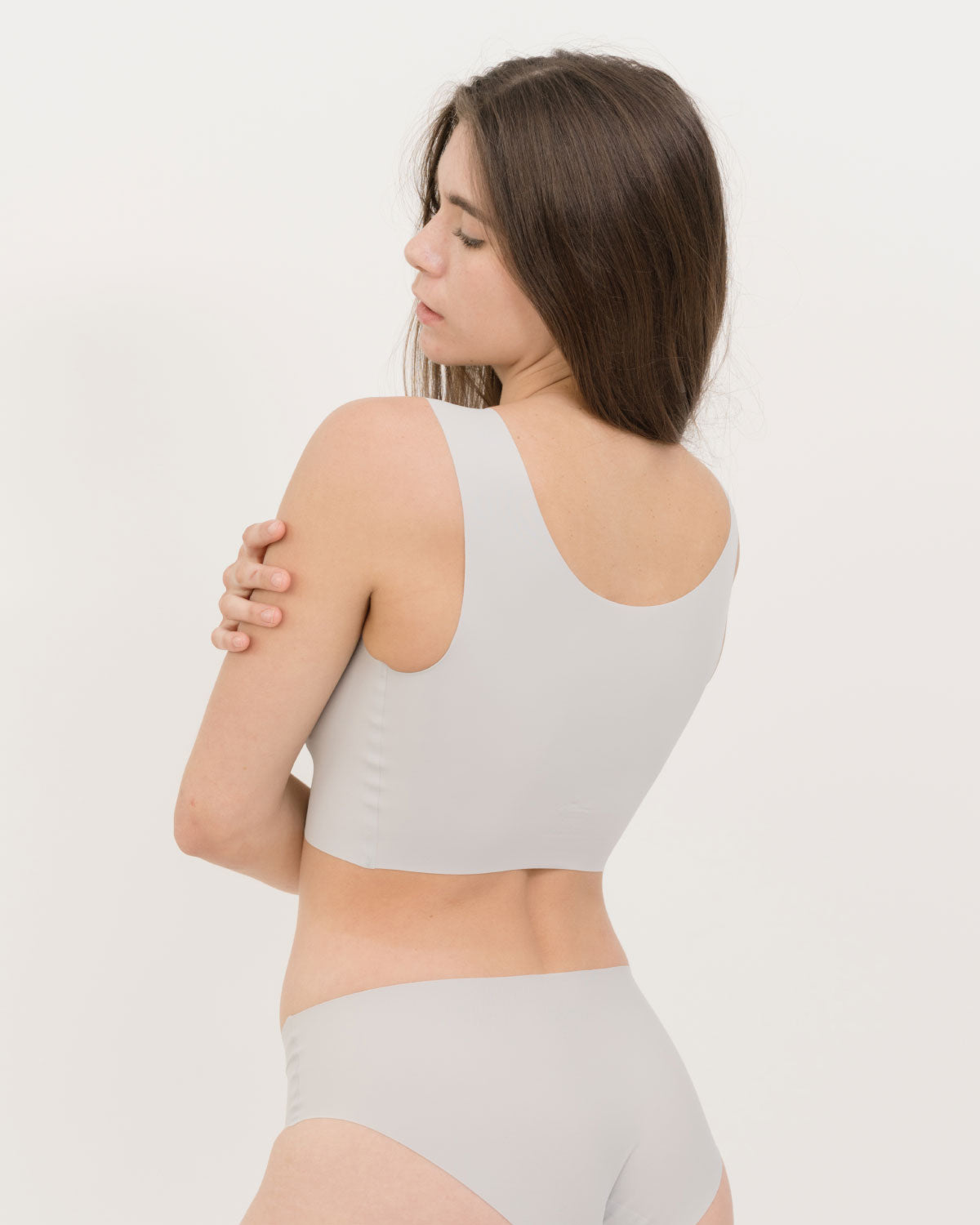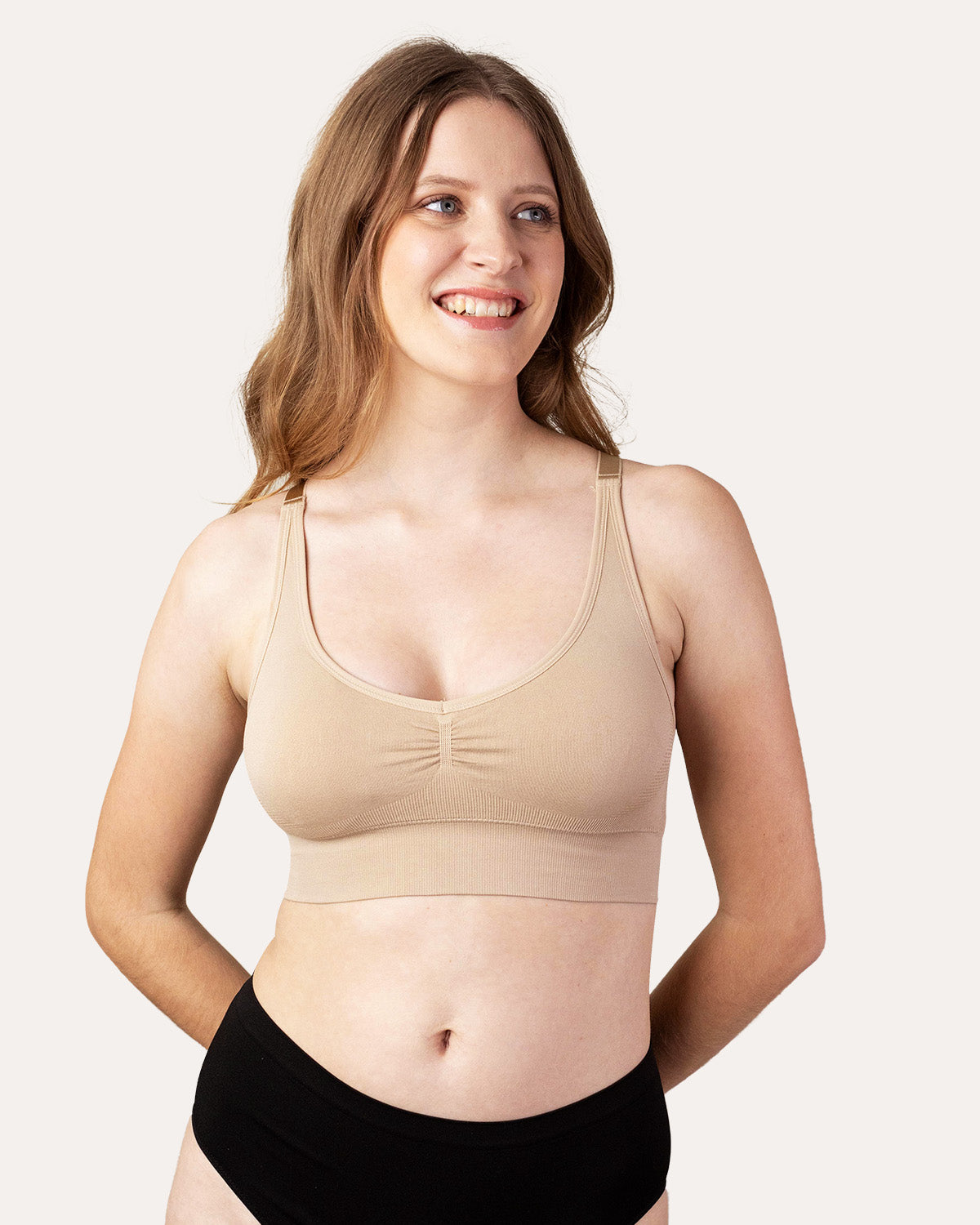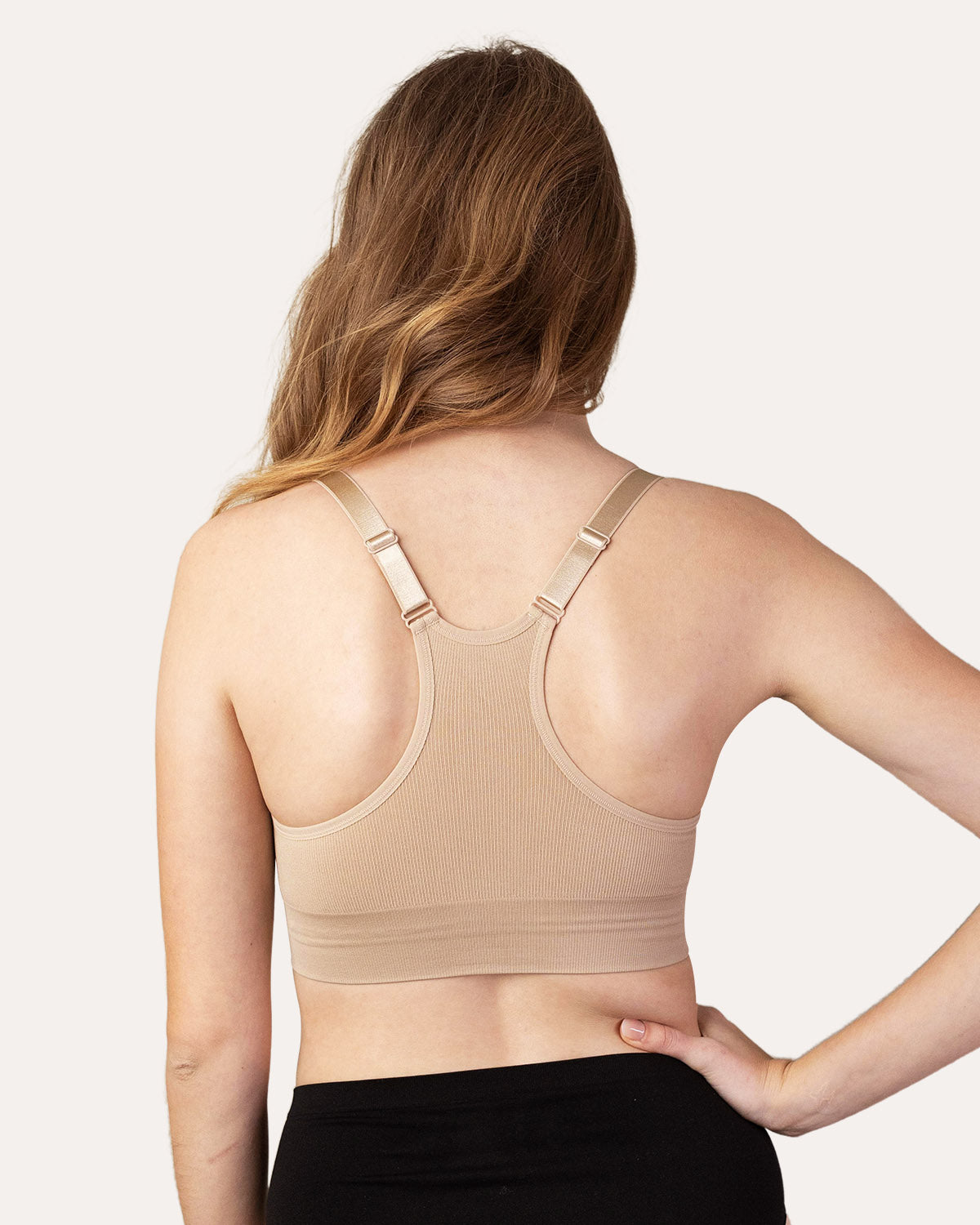When one's breasts are too big or loose, a breast reduction may be helpful. This can result in smaller and firmer breasts that can make one feel more confident. Following the procedure, one must take a break from work and play to recover properly.
This is a complex process and requires a lot of recovery time. Follow the directions given during the procedure to minimize the effects of the operation, such as wound breakdown or infection. Following a few lifestyle changes can also help speed up the recovery process.

Recovery after Breast Reduction
The recovery experience of patients varies depending on their individual conditions and lifestyle. This is why it is important to remember that the following timeline is only a general depiction of what most people experience following breast reduction surgery.
The recovery process is different for each individual, and it depends on the amount of breast tissue that has been removed. This is why it's important to remember that the following timeline is only a general depiction of what most people experience following breast reduction surgery.

Breast Reduction Recovery Week by Week
The First Few Days after Surgery
Depending on the type of surgery being performed, a breast reduction may be done on an outpatient basis or at a hospital overnight. Patients may experience bruising, pain, swelling, and discomfort during the first few days following the operation.
After the operation, pain medication will be taken to manage the discomfort. Drainage tubes may also be placed to remove excess fluid. These are usually removed within a few days. The affected areas will then be bandaged and supported using elastic or a special bra.

Week One
Rest and heal as soon as possible.Swelling or tenderness may appear in your breasts following the operation. Some discomfort may also occur as a result of physical activity, which can be managed with medication. Keep track of the incision's location and the instructions given to you afterward. You should also wear compression clothes throughout the day.
Follow these steps: eat nutritious food, avoid vigorous exercise, and drink plenty of fluids. For the first few days following the operation, start taking short and easy walks.
Gradually increasing the duration of your exercise over time, you can reach a total of 30 minutes per day. Keep in mind that quitting smoking and vaping can also help minimize the risk of developing complications.

Week Two
The stitches are removed in about 7 to 10 days. Bruising, swelling, and pain may last for a couple of more weeks following the operation. If you experience pain that is stinging or redness near the incision, it should be reported to your doctor.
During the initial appointment, any sutures that need to be trimmed are usually performed. The red and raised scar, which can be itchy and hard like cords, appears first. It will gradually go away as time goes on.

Week Three to Four
Within the next couple of weeks, you'll start noticing that the swelling is starting to decrease. Taking photos of the healing process can also help you monitor it. While it's important to avoid scratching the incision site, you might end up with a dry patch.
You should also wear a bra that can compress the incision site. In addition, reduce your sodium intake and drink plenty of fluids to help decrease swelling.

Week Four to Six
Although the breasts are fully healed, they still need to be treated. It is important to take care of them so that they can return to their normal state. It is also possible to start feeling the effects of this procedure, such as reduced neck and back discomfort. Continue wearing a compression bra and comfortable clothes.
After Six Weeks
The incisions can take around six months to fully heal, and it's also possible that you'll feel better after a while. You can return to a more vigorous training regime, and you can wear clothes that you prefer.

The Next Few Weeks to Several Months
While the pain and bruising associated with breast reduction surgery will gradually decrease, swelling can still take a long time to fully resolve. Therefore, it is important to refrain from doing anything that could cause complications for the next couple of weeks to allow the breasts to heal adequately.
Some women who had breast reduction surgery may experience a sensation of altered breast tissue or numbness in their nipple. Although this temporary phenomenon will eventually resolve, it can be permanent in some cases.

How Can You Care for Yourself at Home?
Rest and get enough sleep to help you recover.
Lifting heavy objects, such as milk containers and grocery bags, should be avoided for around two to three weeks following your operation. This can include carrying a heavy backpack or briefcase, as well as items such as dog food and cat litter.

You should ask your doctor if you can drive and if it's okay to have sex.
The first shower is usually around a week after your bandage or drain has been removed. However, doctors sometimes allow you to take a shower the day after your operation. You should avoid taking a bath or hot tub for around four weeks.
Depending on the type of work you're doing and the treatment, you may be able to return to your usual routine in two to three weeks.

Diet
Although you can eat your usual diet, if your stomach is feeling upset, try some low-fat and bland food such as yogurt, plain rice, and chicken.
Unless your doctor advises otherwise, drink plenty of fluids.
Your regular bowel movements may not be as regular after your surgery. You can try taking a fibre supplement or a mild form of laxative to see if they have returned.

Medicines
Your doctor will tell you when and if you can start taking your medicines again. He or she will also give you advice on taking new medications.
Your doctor will determine when it's appropriate to start taking blood thinners or aspirin again if you stopped taking them.
Consult with your doctor before taking pain medication and follow his or her prescribed course of action.
If you are not taking the prescribed medication, you should ask your doctor if you can try taking over-the-counter medicine.
































Leave a comment
This site is protected by hCaptcha and the hCaptcha Privacy Policy and Terms of Service apply.